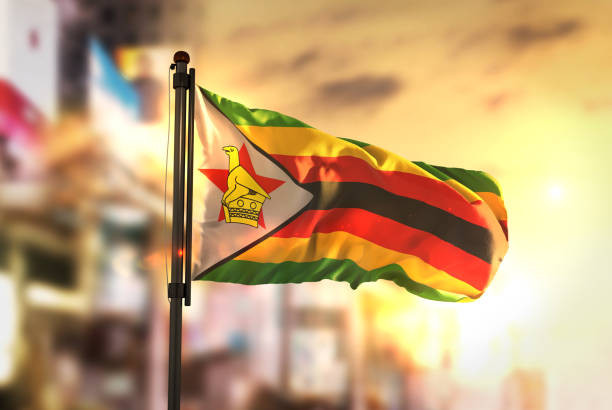FINANCIAL services giant, Fidelity Life Assurance Zimbabwe says the uptake of Vaka Yako, an investment product launched early this year has been positive.
In a trading update for the nine months to September 30, 2022, Fidelity said it posted a 100% increase in core revenue, with Vaka Yako among the drivers. The firm joined the push for affordable housing in March with the launch of Vaka Yako, a United States dollar-indexed investment product that could reshape Zimbabwe’s housing market.
The scheme cuts across the social strata, giving policyholders an opportunity to determine how much premiums they pay, depending on earning capacity, age and other factors.
Under the scheme, policyholders have an opportunity to choose were they want their houses to be built, including in rural communities.
It is the latest in a series of housing projects undertaken by the listed insurance outfit in the past decade including the Fidelity Southview medium-density residential project in Harare.
On Friday, Fidelity said in a trading update that its life assurance business contributed 82% to the group’s total core revenue, with Vaka Yako among the drivers.
Keep Reading
“The group’s total core revenue for the nine months to September 2022 increased by 100% in inflation-adjusted terms and 234% in historical cost terms for the same period prior year.
“Core revenue was driven by the life assurance businesses contributing 82% (2021: 78%) to the group total core revenue underpinned by growth in individual life business due to an increase in the uptake of the Vaka Yako investment product premiums, aggressive premium reviews, and employee benefits premium income growth as a result of salary increases, indexed business and foreign currency-denominated products,” the company said.
It said non-insurance businesses contributed 18% to core revenue. The micro-lending business drove the non-insurance revenue contribution, the firm said.
Total income for the period under review grew 393% driven by premium income, fair value adjustments from investment property and equities.
The group’s profit rose by 1 532% reflecting a change in investment property valuation methodology from United States-dollar valuations in prior year to Zimdollar valuations in the period under review.
In the life and pensions business, the company said its choice of markets and products was contributing immensely to the continued growth trend, while for non-insurance positive results continue to be reflected on the back of business growth initiatives and cross-selling activities by the company.





